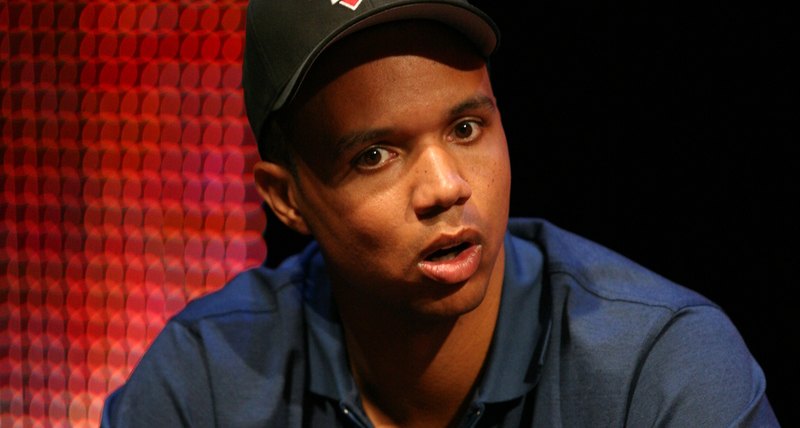






Judge Denies Poker Pro Phil Ivey's Request To Dismiss $9.6 Million Borgata LawsuitLawsuit Moves Forward; Jury Trial Remains Possibility |
|
|

Professional poker player Phil Ivey saw his request to get the Borgata’s $9.6 million lawsuit against him thrown out denied by a judge last week.
The 10-time WSOP bracelet winner used a technique called “edge sorting” with playing partner Cheng Yin Sun during a series of Atlantic City mini-baccarat sessions in 2012.
Ivey admitted he played with an advantage thanks to noticing manufactured defects in the backs of the playing cards, which neither he nor his partner ever touched during play. Ivey maintains that what he did was skill and not cheating. However, Ivey’s legal team was using several arguments to try to get the case dismissed so Ivey could keep his money.
Ivey’s defense said that the New Jersey Casino Control Act can not be applied to what Ivey and his partner did and their actions do not constitute fraud under other laws, as well as that the statute of limitations has passed to pursue any alleged fraud.
A judge agreed with the Borgata’s arguments, however, and the case will proceed.
While the case is not unusual in that it pits a high roller versus a casino that bends over backwards to entice the high roller to gamble for big money, the lawsuit apparently touches on some of the cornerstones of the casino industry itself. As the judge wrote in his conclusion:
“Ivey and Sun argue that Borgata willingly agreed to all of their requests and provided all the implements of gambling, and that all of those requests, along with their observation of the patterns on the playing cards, were lawful. Ivey and Sun also note that even though Borgata wishes to cast itself as a victim of deceptive intentions, the ‘essential mission of Borgata’s casino operation is to encourage patrons to lose money by orchestrating a plethora of deceptive practices, such as loud noises and flashing lights on slot machines, hiding the clocks, making exit signs almost impossible to find, having cocktail waitresses wear revealing clothing, and comping copious amounts of alcohol to ‘loosen up’ their patrons’.”
In a sympathetic tone the judge said that “there is no doubt that much of the defendants’ characterization of the casino milieu is accurate, as tangential a defense as it may be.”
He added that it is curious why the casino “took so long to figure out the defendants’ alleged scheme.” But regardless, “at this stage of the proceedings Borgata has pled plausible claims sounding in fraud. The Court will therefore allow the case, in addition to Borgata’s claims against Gemaco, to proceed through discovery, and it will be for the CCC, DGE, and perhaps this Court or a jury to consider the validity of Borgata’s claims and the propriety of Ivey and Sun’s actions.”
